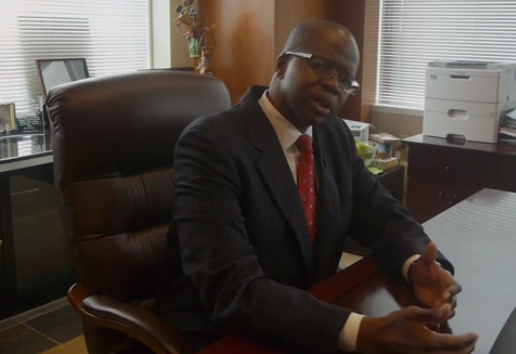Brooklyn DA Thompson: Nix convictions in ’85 killing

They were 16 when they confessed to kidnapping and killing a stranger and taking a joyride in his car. They quickly recanted but were convicted of murder.
Now, almost 30 years later, Brooklyn District Attorney Kenneth Thompson plans to ask a judge Wednesday to throw out the convictions of David McCallum and the late Willie Stuckey, saying their convictions hinged on made-up confessions peppered with details seemingly supplied by police. Their cause was championed by one of the nation’s most famous exonerees, former prizefighter Rubin “Hurricane” Carter.
“We’ve concluded that the confessions were false, and they were false in large part because these 16-year-olds were fed false facts,” Thompson said by phone Tuesday. No other evidence tied the two to the abduction or killing, he said.

Brooklyn Boro
View MoreNew York City’s most populous borough, Brooklyn, is home to nearly 2.6 million residents. If Brooklyn were an independent city it would be the fourth largest city in the United States. While Brooklyn has become the epitome of ‘cool and hip’ in recent years, for those that were born here, raised families here and improved communities over the years, Brooklyn has never been ‘uncool’.